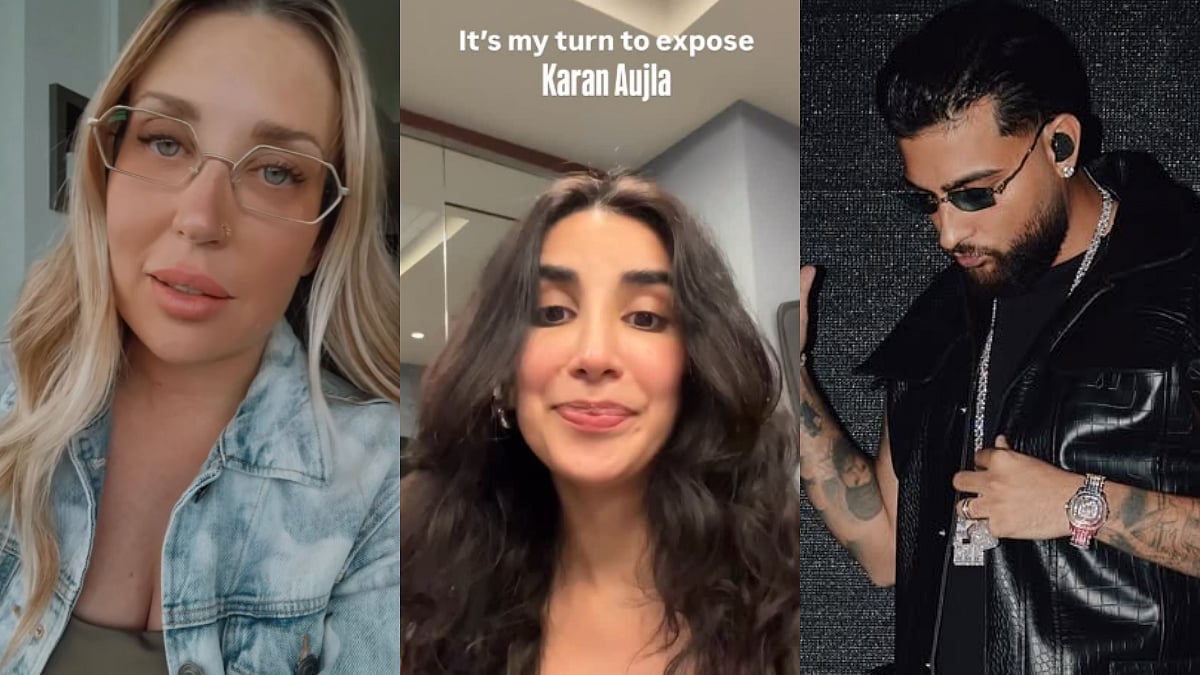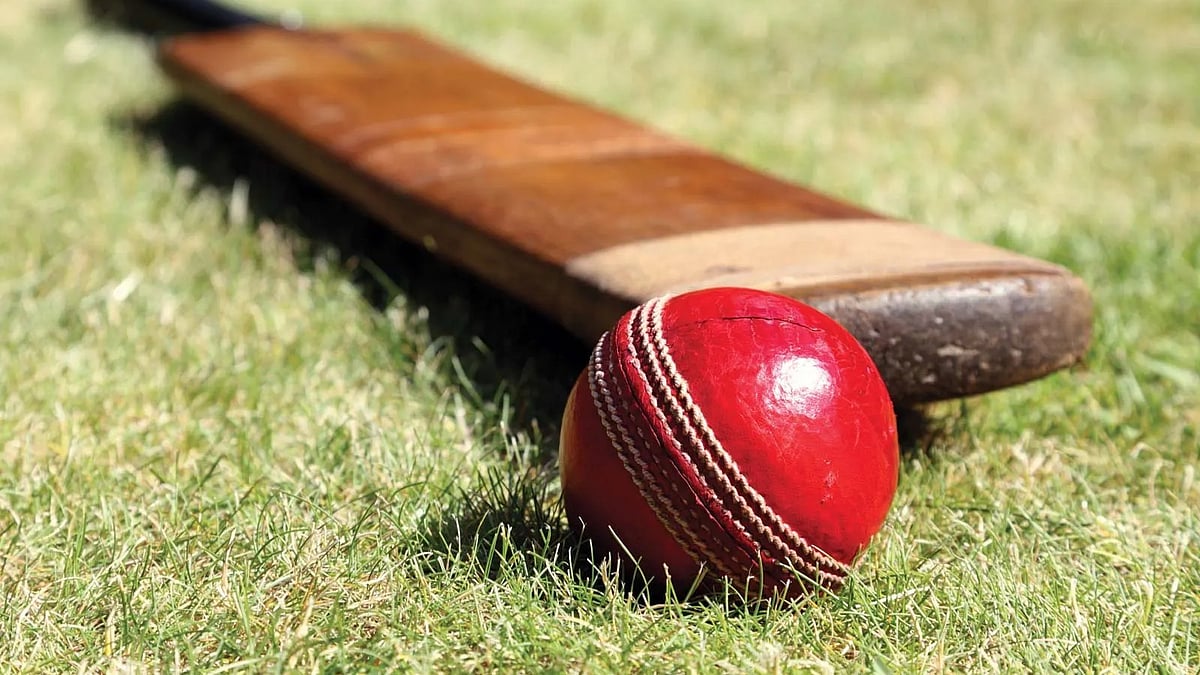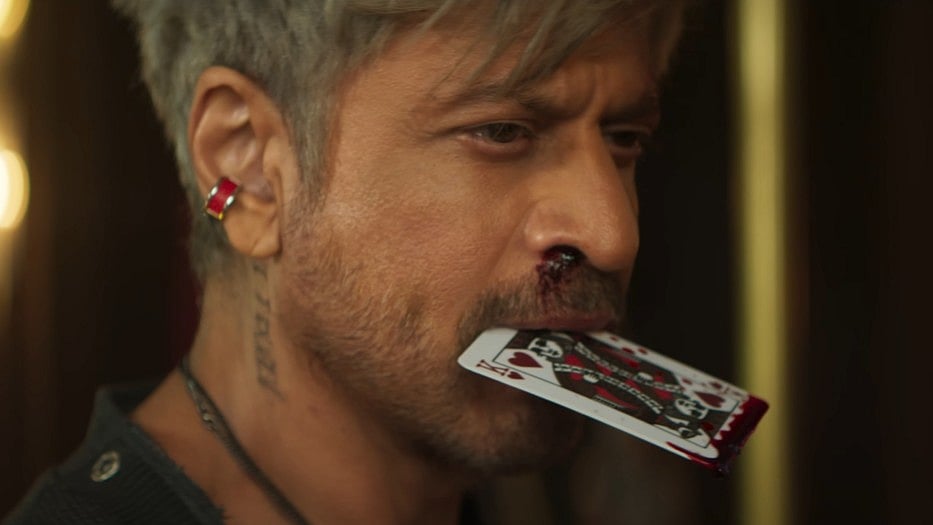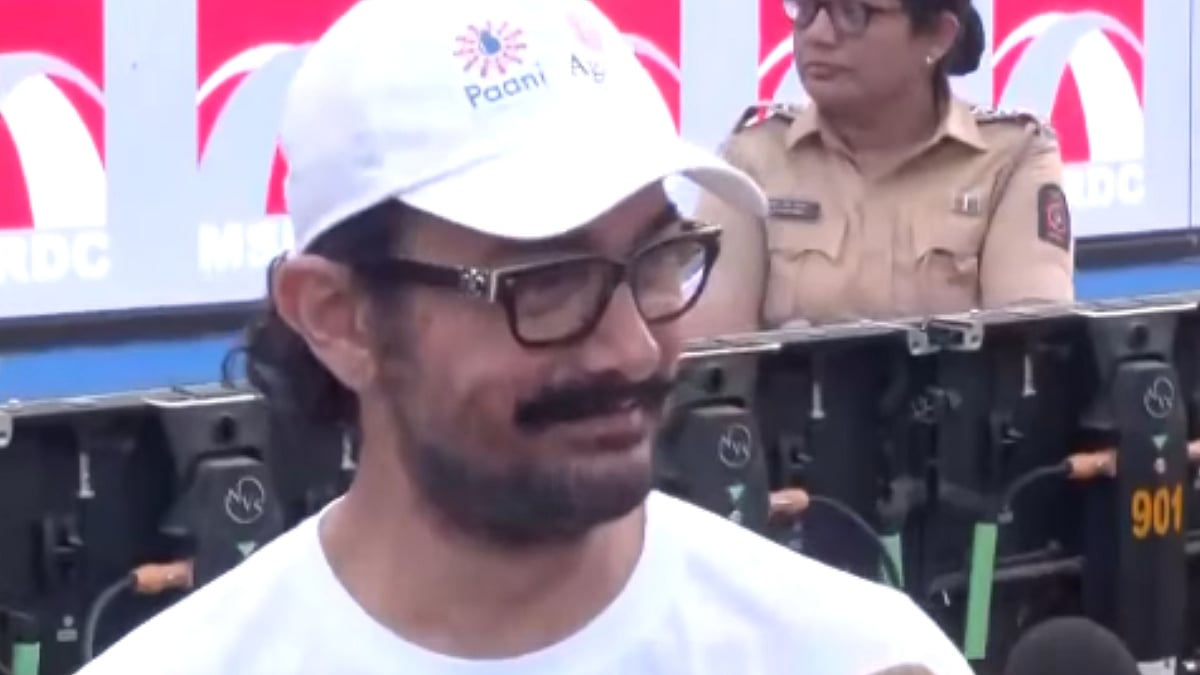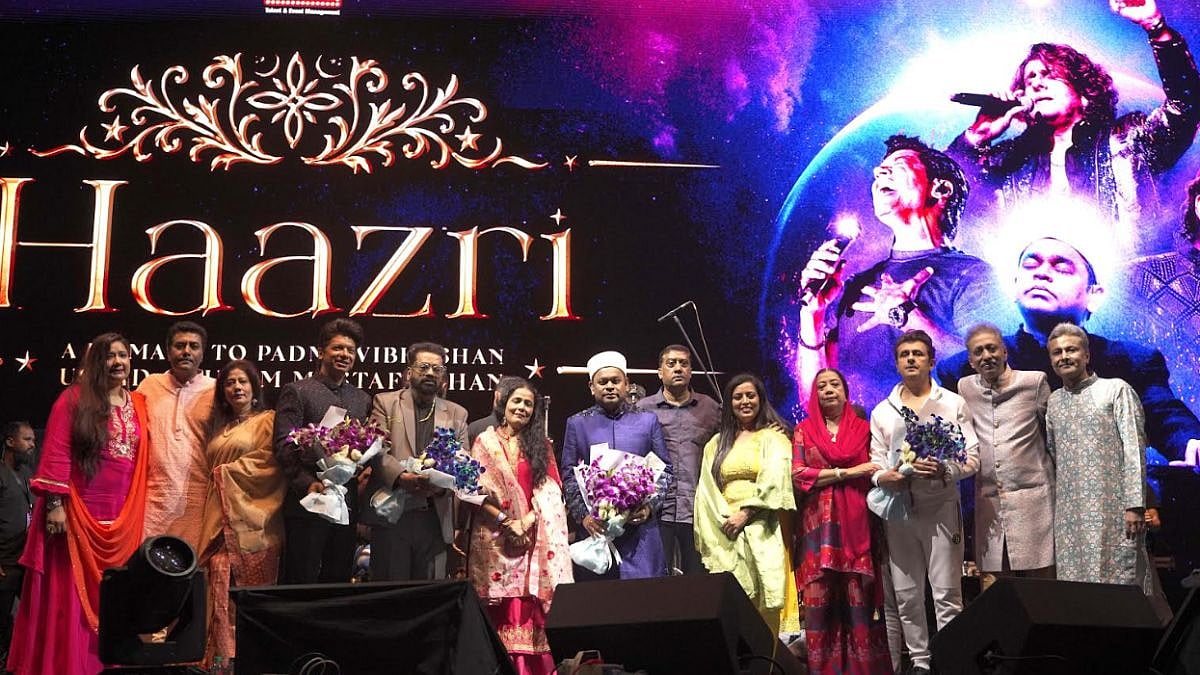A man has been brutally hacked to death in broad daylight, dismembered parts of his body splattered all over the floor of the courtroom where he was to appear for a hearing. Speaking about the man’s criminal antecedents, the officer in charge says, almost with a nonchalant shrug of the shoulder, ‘Petty … some minor molestations, a few rapes … just time pass.’ The sequence derives its power from the throwaway manner in which a comment on the state of the nation is made. It’s a damning indictment of our approach to the atrocities on the marginalised — economically, caste and community, religious — that we read about every morning in our newspapers.
It’s a tone that 200 Halla Ho could have done well to adhere to. Instead, it goes the opposite way. Consider, for example, the response a young girl has on what she is learning in her schoolbooks: That despite the difference in our skin tones and the way we look, at the level of the individual cell we are all equal. The sequence simply does not come off organically — it’s almost as if the filmmakers are talking to the viewer instead of letting the on-screen proceedings take them through the experience. For a film that dares to tackle this significant a subject and does it so honestly, one just wishes it did not end up sounding like a Class 10 civics lesson.
According to media reports, in 2004, 200 women from a Dalit slum in Nagpur lynched a gangster within the premises of a court where he was being tried for assaulting and raping women from the slum for over ten years. Inspired by this true event, the film gets its structure right, beginning with the lynching itself and then covering both the events that led to it and its aftermath. It’s in the solemn ‘we are aware of making a socially committed film’ execution that the narrative falters.
It’s interesting how most of the aftermath is defined neither by the victims nor the perpetrators, but by those who have, at best, a tangential connect to the case: A ‘celebrated retired Dalit judge’ asked to head a fact-finding committee, an investigative journalist, a young lawyer starting out in the profession. There is the immense possibility here to explore where the judge stands vis-à-vis the young Dalit girl from the slums, who wants to take the fight to her oppressors. There’s the relationship between her and the young Brahmin lawyer, who invests himself in the case on her behalf.
But if the retired judge’s moral awakening comes across through mawkish monologues addressed to his wife, the Dalit-Brahmin relationship is subject to trite dialogues like ‘we have to start with ourselves if we want to change society’. And to have a prisoner say that the jail is a better place than the world outside since there are no Brahmins or Dalits there is utterly naïve, trivialising the horrors of another problematic ecosystem in the country.
It does not help that the villain, Balli Chaudhry, ends up as an overblown caricature of a rapist in a Bollywood melodrama (that ‘hide-and-seek’ sequence at the Dalit girl’s house is a prime example of everything wrong with the portrayal). In giving him a face, the film compromises on the universality of the atrocities the marginalised have to endure every day. Add two ineffectual courtroom sequences and the climax where every woman in the courtroom declares, ‘I killed Balli Chaudhry’, again like in multiple Bollywood rape-and-retribution sagas, and you have a film that is frustratingly uneven in tone.
Make no mistake — this is an important film. At a time of Bhuj... and Bell Bottom, one cannot overemphasise that. If only it did not wear its activism, its social agenda, on its sleeves, it would have been more than the polemic tract it often feels like.
Title: 200 Halla Ho
Cast: Amol Palekar, Rinku Rajguru, Saloni Batra, Barun Sobti, Indraneil Sengupta, Sushama Deshpande, Upendra Limaye
Director: Sarthak Dasgupta
Platform: ZEE5
Rating: 3 stars
(Shantanu Ray Chaudhuri is an award-winning publisher, editor and a film buff)



